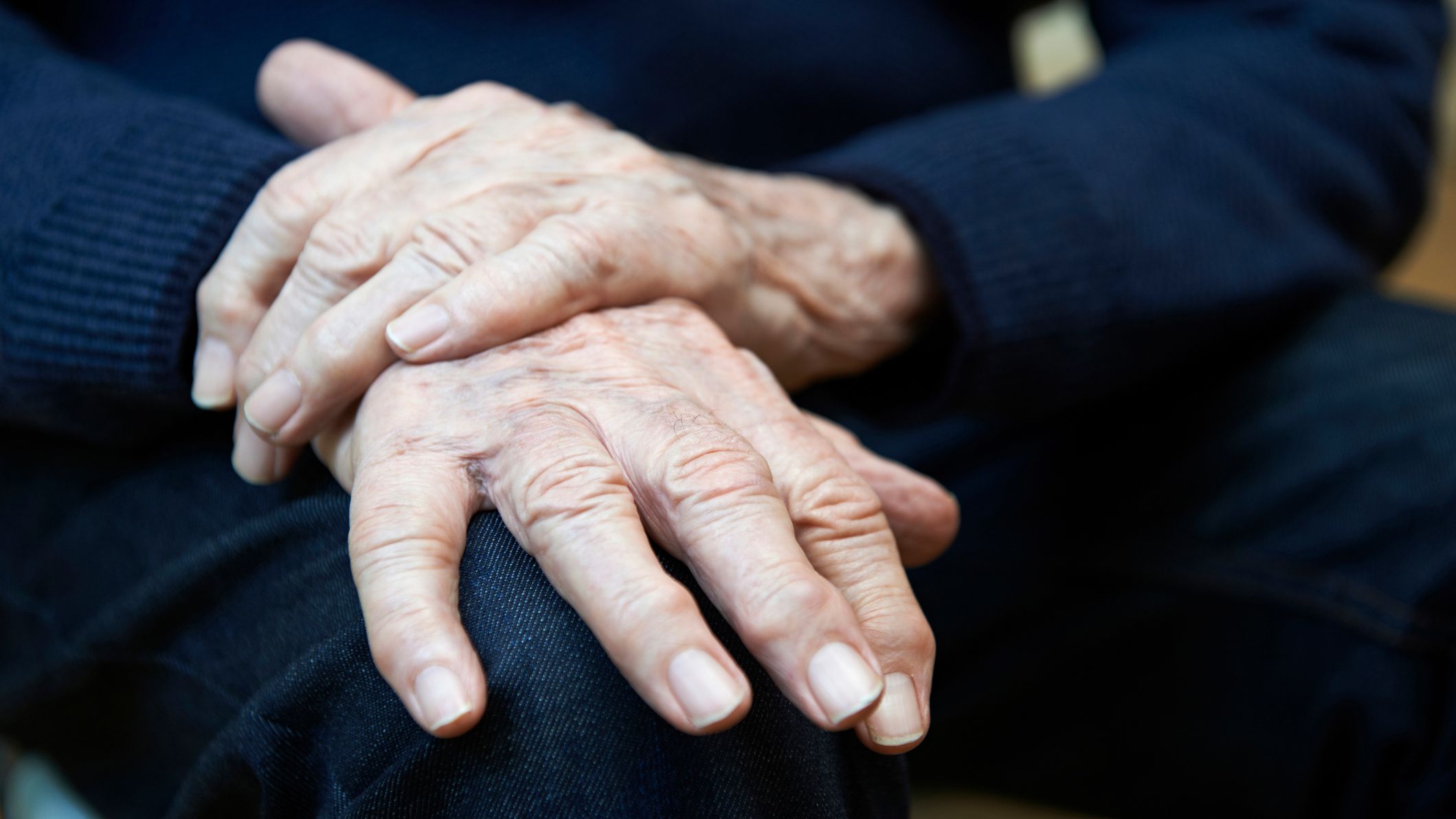A gentle, controlled stimulation of the ear canal may help reduce symptoms of Parkinson's disease, according to a study.
The study, published in the journal Parkinsonism and Related Disorders, showed that twice-daily stimulation for two months was associated with a significant reduction in both motor and non-motor features of Parkinson's disease.
Participants reported greater movement and mobility, and showed improvements in decision-making, attention, memory, mood, and sleep, said researchers from the University of Kent in the UK.
Participants also said that by the end of the study, they found it easier to perform everyday activities by themselves.
Most of the therapeutic gains were greatest five weeks after the end of treatment, suggesting that the treatment may have long-lasting effects, researchers said.
The stimulation therapy was performed at home using a portable headset produced exclusively for clinical investigations by Scion Neurostim, a US-based device company.
Participants continued to take their regular dopamine replacement therapy while using the device.
The study, led by Professor David Wilkinson at Kent's School of Psychology, was conducted on 46 individuals with Parkinson's disease.
“This study raises the intriguing possibility that some aspects of Parkinson’s disease may be better managed if traditional drug therapies are combined with gentle, non-invasive stimulation of the balance organs.”David Wilkinson
"The results are very encouraging. Achieving both widespread efficacy and durable gains in motor and specifically non-motor aspects of Parkinson's disease would be quite novel, and improvements in non-motor symptoms would be especially notable," said Professor Ray Chaudhuri, Director of the National Parkinson Foundation Centre of Excellence at King's College Hospital.
"Those symptoms are often untreated or poorly treated and have a particularly detrimental impact on quality of life, and their treatment is a key unmet need. I am intrigued and want to see where this device technology might go," Chaudhuri said.

